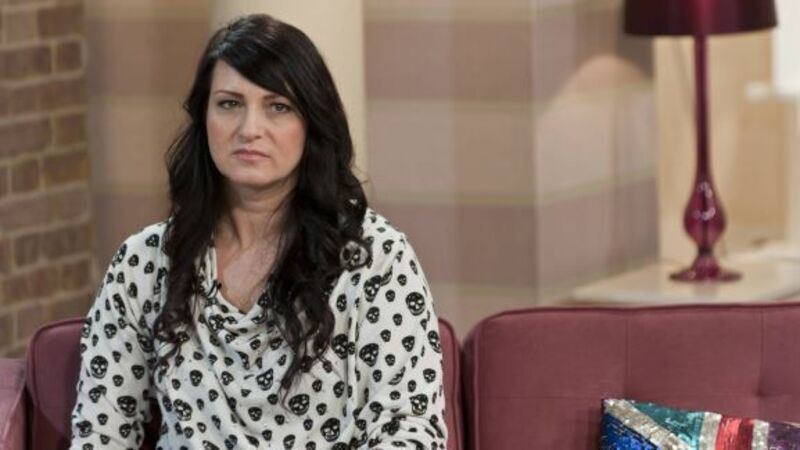WEEKEND READ: From deadly gangster to stay at home mum

MARISA Merico was 22 when she took over as the boss of a powerful Italian mafia clan. Her father had just been sent to prison for murder, and the clan was rudderless. Someone had to “step up”, and Marisa decided to do it. It was, she felt, her moral obligation.
Marisa, it turned out, was good at the job; self-confident and assertive. Even during more trying times, like when she had to buy a helicopter from a Balkan arms smuggler to help spring her father from prison, she remained cool.











